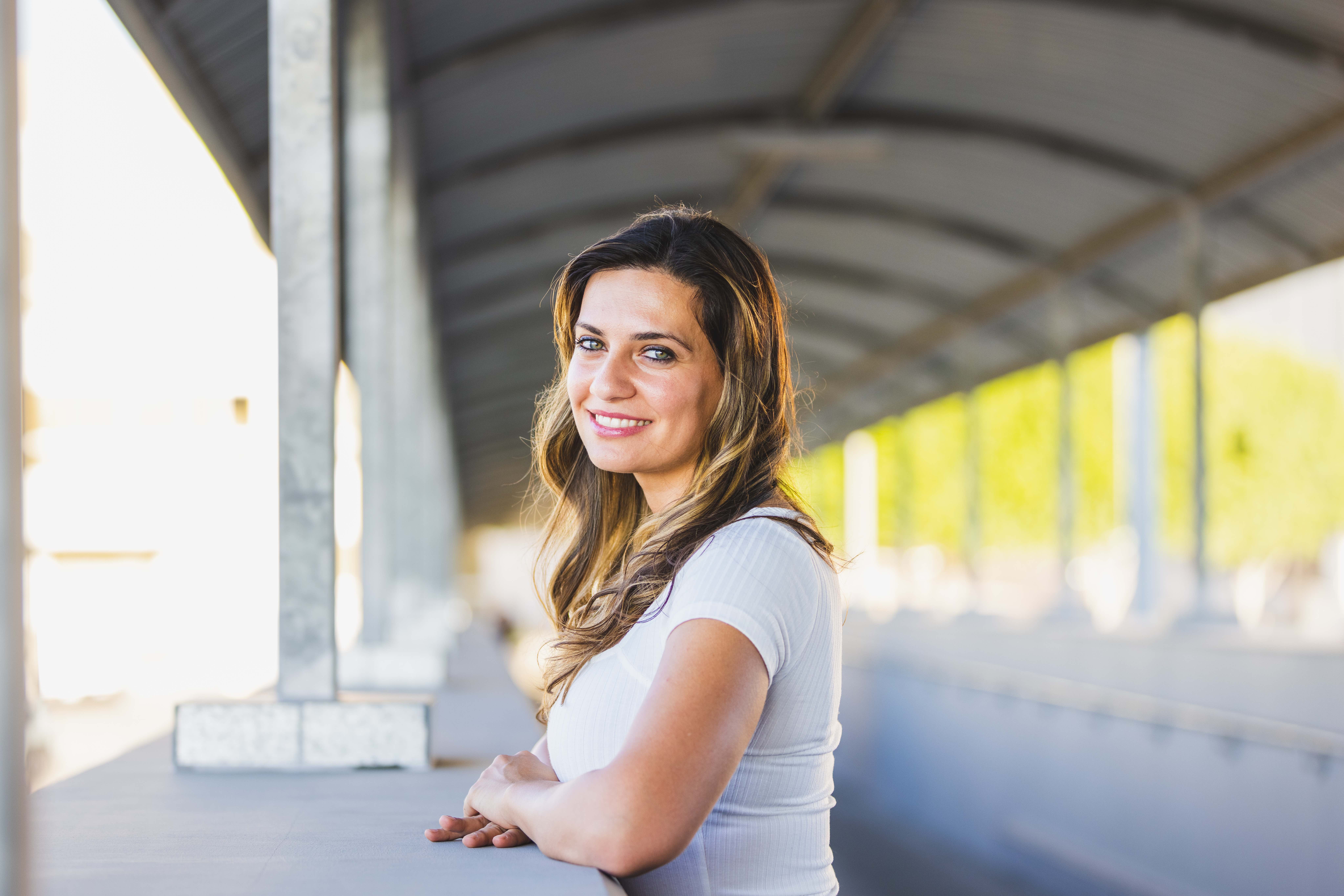
Sevanna Baghramyan, ’17 knew she wanted to be a nurse from a young age; citing her earliest memories of her mother, an ICU nurse in their family’s native country of Armenia, as the seminal inspiration for her own journey. Years later, while finishing up another degree at the University of California-Riverside, Sevanna was introduced to Loma Linda University where she instantly fell in love with the campus, the culture and the people of LLU. It wasn’t long after that she decided to pursue a nursing degree and follow in her mother’s footsteps. Sevanna reflects on the decision to take on a nursing career, saying, “I knew I wanted to work in the medical field and be caring for a vulnerable population of critical care patients.”
Sevanna is currently working in the Surgical/Trauma ICU at Cedars-Sinai Medical Center in Los Angeles and credits Loma Linda University School of Nursing with preparing her to provide care at the top of her field. “Being the prestigious hospital that LLUMC is (Level 1 trauma center and now magnet status), the transition was very smooth for me taking all of my knowledge and applying it to this hospital.” She goes further in acknowledging LLUSN for building a firm foundation to her skills and instincts as a nurse, saying “The exposure I received to various clinical areas helped me choose the site that best challenged me and made me happy to go to work every day. [The content of my education] helped me formulate an understanding of the disease processes and appropriate nursing interventions that have helped me to this day when making suggestions to residents and physicians.”
Framed by her passion for nursing, Sevanna expresses that over the years she has had a longing to serve her home country of Armenia in a medical outreach capacity. In 2020 when a traumatic conflict erupted between Armenia, Azerbaijan and Turkey, the war left countless soldiers injured and in critical condition. “Being part of the American Armenian Nurses Association, I learned of the need for diasporan Armenian nurses to head to the hospitals in Armenia to provide aid. Without question or hesitation, I booked a flight and went for 2 weeks to the main hospital centered in Armenia known as Erebuni Hospital. I was inspired to help out because I had enough knowledge and practice as a surgical/trauma nurse to be of aid to the patients in critical condition.” Her first trip home since moving to the United States in 1999 was one driven by the heartache of seeing her people suffering in large numbers and urgent opportunity to make a difference where she could.
In addition to hands-on support with patient recovery, Sevanna was prompted to offer administrative advice on operating the brand-new ICU which had opened during the war. She assisted in everything from wound care to medications to helping the wounded soldiers eat. “There were 6-7 patients per nurse in the ICU and the majority were in very critical condition. One nurse to plan all the care for 6-7 patients was excessive so we initiated the communication of moving towards electronic charting and how it would look for each patient.”
Returning home and treating patients in such a vulnerable environment cut to the core of Sevanna’s vision for herself as a nurse. “It is hard to explain the deep soul connection and gratification I felt treating my people in my homeland. Everywhere I turned, I heard my language. It was humbling to me and made me proud to be an Armenian.”She continues to describe the bond formed among the nurses she worked with, saying, “[As nurses working together], the love for our country grew and the unity it brought among us was indescribable. I got to experience my culture on a deeper level as an adult and it felt like I was in the right place at the right time to provide medical aid to my loved ones in pain and suffering.”
Through the experience of delivering care in Armenia during such a hostile time, Sevanna states that it has connected her to the mission of her career to make a holistic difference in patient’s lives. When even the smallest thing can improve the quality of life for a patient, she sees that as a step in the right direction, even if the final outcome is uncertain.
Even after returning to work in the United States, Sevanna makes it clear that her mission work in 2020 was just the beginning. She shares her dream of educating her nursing peers in Armenian on more effective ways to deliver care in the ICU environment. “The next initiative is to create a video of peripheral IV placements and demonstrate them to our ICU nurses in Armenia, along with other useful practices that we do in the States. I plan on returning to my country and continuing to provide medical aid in the hospitals, ideally every year. There is still so much work to be done.”
